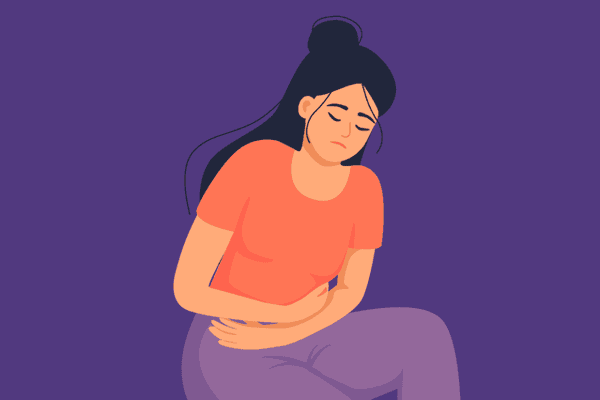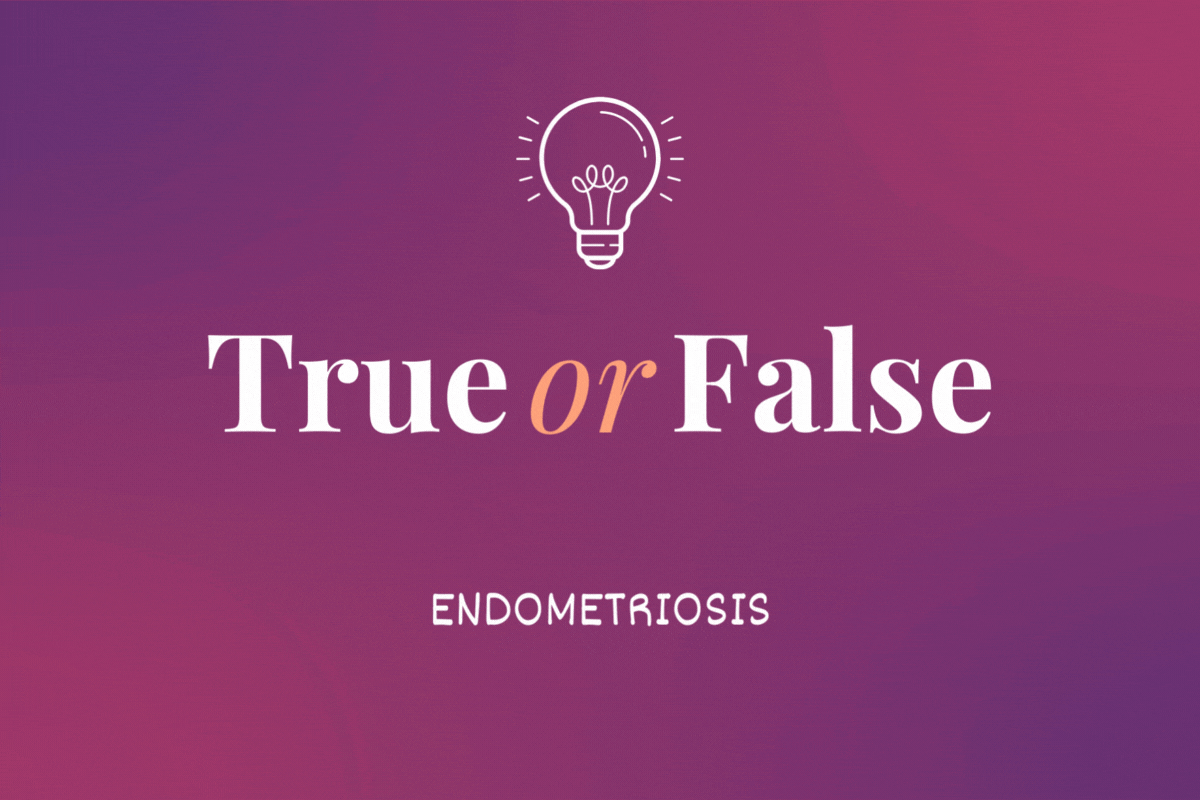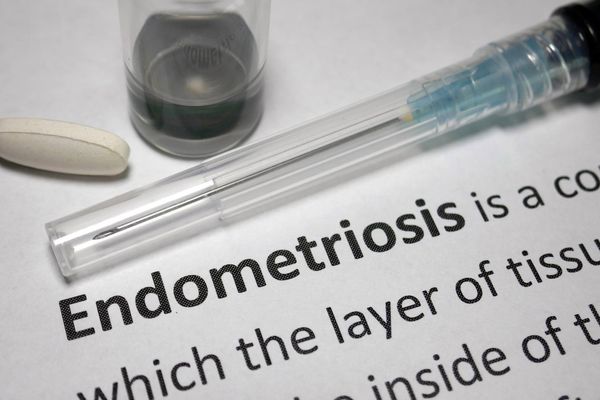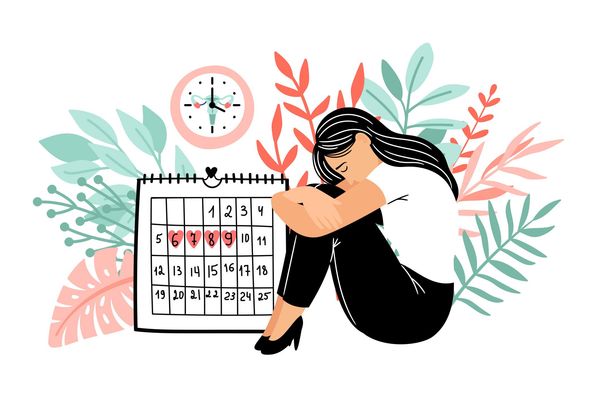Q:
I'm 32 years old and have been diagnosed with endometriosis, which is interfering with my ability to get pregnant. I've been reading about the influence of free radicals in endometriosis. Can you explain what this is?
A:
First, let's define free radicals. The simplest way to think about them is as the byproducts of living. They're like the exhaust your car releases after burning fuel, only in your case the fuel is oxygen. So every time you breathe, move, eat, etc., your system creates these rogue molecules. I call them "rogue" because they're missing an electron, so they're very unstable, like a four-legged table that's missing part of one leg. To compensate, they go looking for electrons to steal from normal molecules. Since molecules make up cells, this can damage cells throughout your body.
Luckily, your cells have developed mechanisms to protect themselves from these electron-stealing molecules. They inactivate the free radical, rendering it harmless, limit their production or repair the damage free radicals cause. Other compounds called antioxidants (think vitamins A, E and C, beta carotene and the mineral selenium, as well as certain enzymes) play a major role in helping your body minimize this free radical damage.
You have a problem, however, if you produce more free radicals than you have antioxidants. This can occur in situations of inflammation, illness, excessive stress, etc. This imbalance is believed to play a major role in numerous diseases including heart attacks, rheumatoid arthritis and other immune system disorders, cancer, even aging. Now we're finding they probably also play a role in the development of endometriosis.
Endometriosis is believed to be triggered by inflammation, which occurs when white blood cells rush into an area to get rid of what it believes are threats to the overall safety of that particular part of your body. Some attack the suspected pathogen, others clean up the damage and start the repair process. You've experienced inflammation every time you cut your legs shaving. As the cut heals, a scab forms, the injury may get red and even warm. This is inflammation at work.
As you can imagine, the inflammatory process throws off quite a lot of free radicals. And it seems the antioxidant process in women with endometriosis may be substandard. Laboratory studies find antioxidant enzymes in the uterine lining of women with endometrium don't work properly. Other studies find lower levels of the antioxidant vitamin E in the fluid surrounding the reproductive/abdominal organs of women with endometriosis.
This whole process—inflammation, high levels of free radicals and the resulting oxidative damage, and inadequate antioxidant protection—can affect fertility.
So what does this mean for you? For now, the best advice I can offer is to do what you can to increase your body's levels of antioxidants. The best way to do this is through your diet. Fruits, vegetables and whole grains are your best sources of antioxidants—not vitamins. While a daily multi-vitamin probably won't hurt, a growing number of studies find that taking large quantities of antioxidant vitamins actually backfires, increasing inflammation and free radical damage.
As we learn more about the role of free radicals in endometriosis, expect to see medications developed that address this issue at the cellular level. But until then, you would be wise to follow your mother's advice and eat your vegetables.







